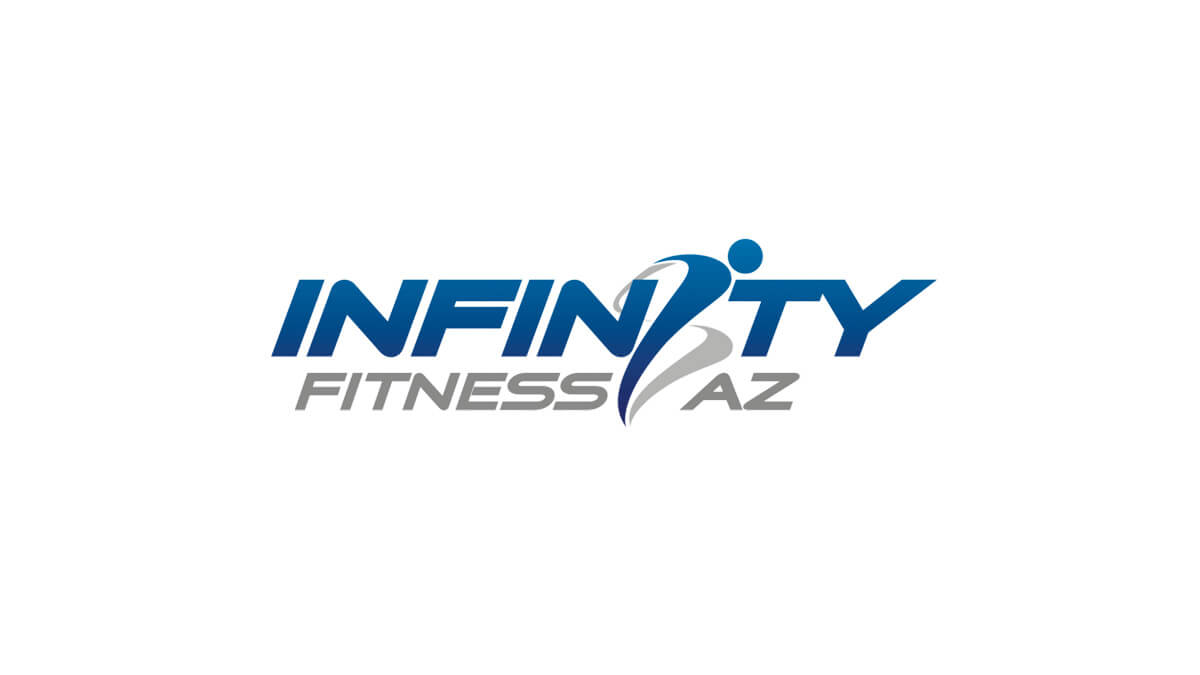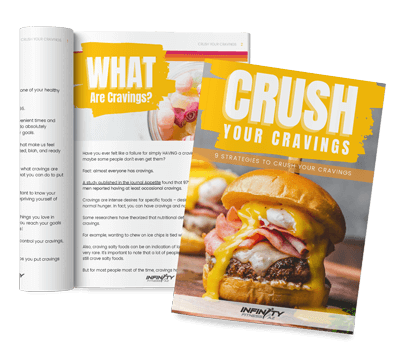Pet Peeve: Trendy Diets
Coach April Wallace shares one of her biggest health & fitness pet peeves and 5 ways to avoid it! These days, there’s an excessive amount of information about nutrition and, specifically, weight loss diets. It can be overwhelming and utterly confusing. Will Keto fix my problems? What is Paleo all about? During the fat-free craze, […]
Pet Peeve: Trendy Diets Read More »


